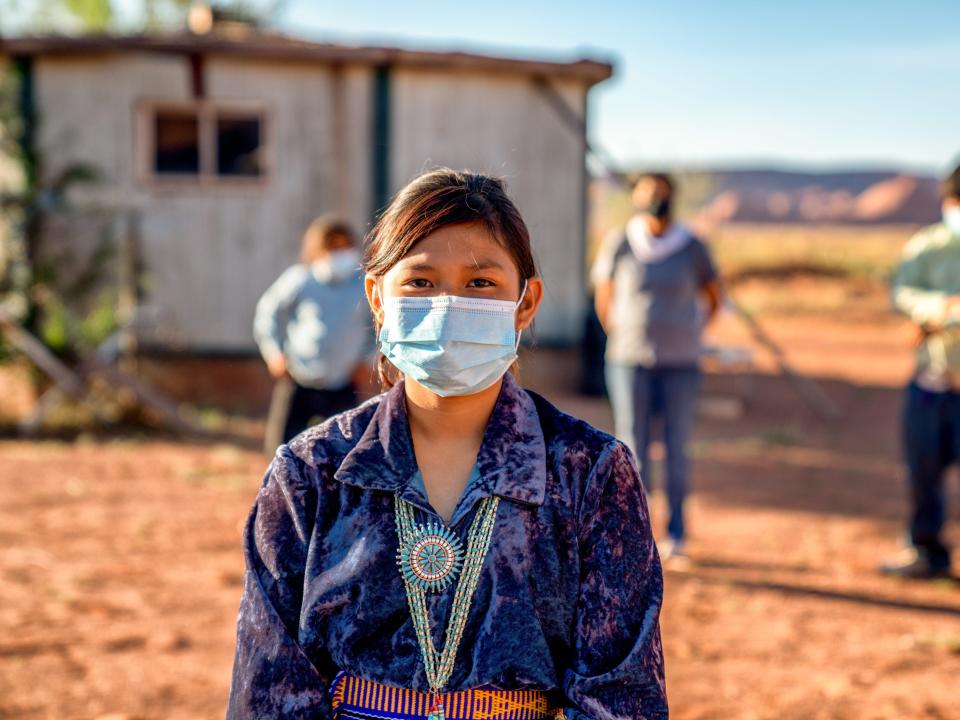The infrastructure bill is historic for Native people. Community leaders hope the investment won't end here.

The infrastructure bill includes unprecedented financial investment in Native communities.
In total, more than $11 billion has been earmarked for various projects in Native communities.
The bill took years of advocacy on behalf of Native leaders and activists.
President Joe Biden signed a $1 trillion infrastructure bill last week, and while the legislation was half its original size, it includes unprecedented investment in Native communities.
"We are pretty pleased that a bunch of what we're advocating for made it into the final bill," Aaron Payment, recording secretary of the National Congress of American Indians (NCAI), told Insider. "It's unprecedented, the amount of money coming to Indian Country."
In total, more than $11 billion has been earmarked for various infrastructure projects in Native communities.
The Infrastructure Bill and Jobs Act allocates around $8 billion to various programs that focus on creating safe sanitation facilities for drinking water and transportation that allows for safe access to and within reservations.
The bill also sets aside approximately $3 billion to fund Congressionally authorized Indian water settlements, and $2 billion to expand broadband access.
More than $215 million is designated towards the Indian Affairs Tribal Climate Resilience Program to develop solutions for tribes grappling with the impact of climate change, which Native communities have been disproportionately affected by.
"The impact will be immense," Deb Haaland, the US Secretary of the Interior and one of the two first Native American women elected to Congress, wrote of the bill in a recent Op-Ed. "As one tribal leader commented, 'This will have generational impacts for my tribal nation and Indian Country as a whole.'"
Though the bill is historic, Native leaders hope that it marks the beginning, rather than the culmination, of federal investment in Native communities.
"While we are grateful for the large commitment to Indian Country, we think it's a long time coming and it's the federal government doing what it's obligated to do," Payment said.
Some funds in the bill have yet to be earmarked
A representative from the Senate Committee for Indian Affairs told Insider that the infrastructure bill will be part of continued investment and that "Senate Democrats are working to address priorities not addressed in the infrastructure bill in the pending Build Back Better reconciliation bill, including those for Native communities."

 Yahoo Autos
Yahoo Autos 